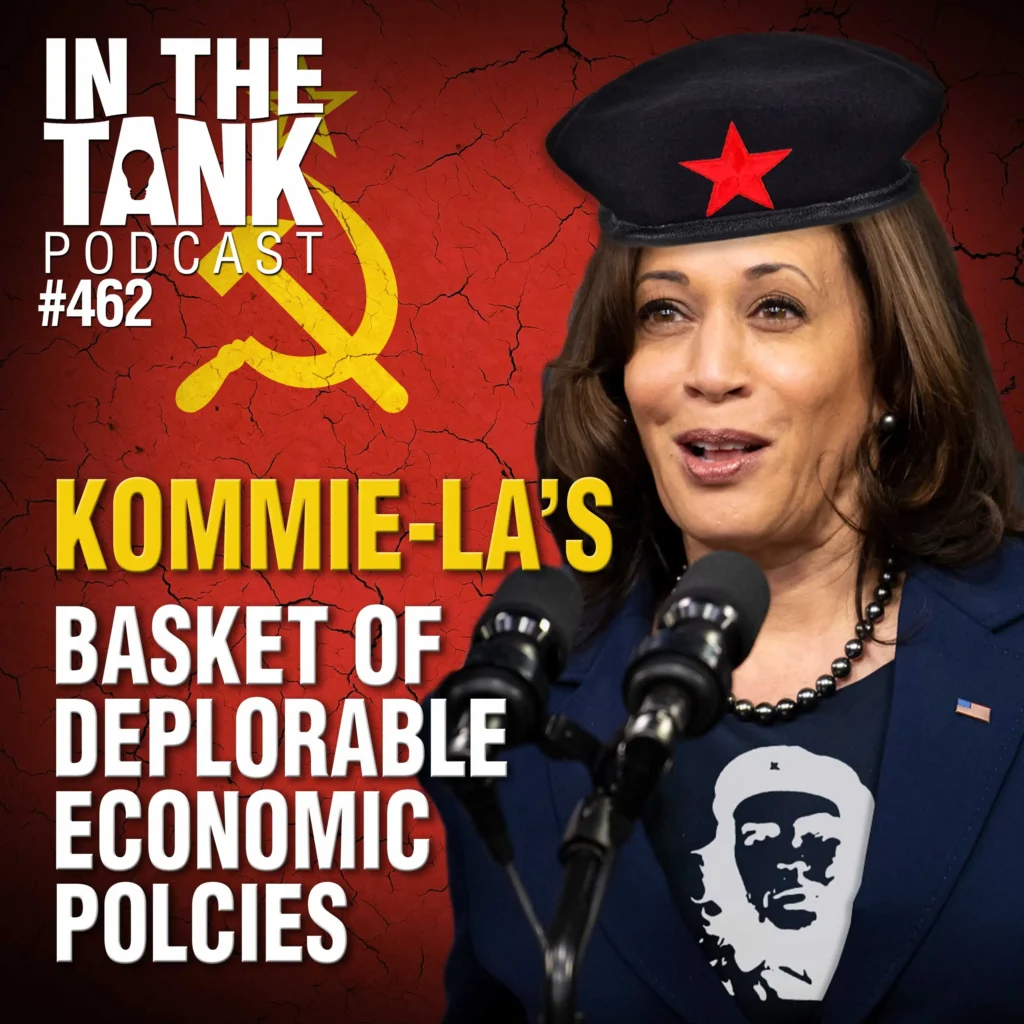The McCarran-Ferguson Act of 1945 ushered in the current era of state regulation of the insurance industry. The act codified a Supreme Court ruling in which insurance was found not to be an interstate commercial product, thus granting states the authority to regulate property and casualty insurance. And regulate they do.
Over time, the insurance and financial industries have evolved, markets have become more integrated, and the two industries have even converged in the sense of offering similar products, although under different regulatory regimes. The old rationale for state regulation may be getting weaker, and calls for deregulation by the states—or even federal preemption of the states—are becoming louder.
Insurers face increasing competition from financial institutions for products the insurers alone once provided. The current economic crisis, along with growing accusations of corruption being leveled against insurance companies nationwide, including the recently bailed-out (for the fourth time) AIG, demonstrates that wholesale changes are needed in the way insurers are regulated.
Among the more far-reaching proposals is the Optional Federal Charter (OFC), under which insurers would be permitted to organize themselves under either federal or state law. The OFC provides a sound model for modernization and accountability, offering flexibility for insurers and expanded options for consumers. It would enable insurance companies to compete both domestically and globally while creating uniform standards to guard against corruption.
According to Steve Pociask of the American Consumer Institute, “Something needs to be done to help insurance consumers. State insurance regulations are costing consumers nearly $14 billion in higher premiums. Our recent surveys have found that consumers do not believe state insurance regulations benefit them. Instead, surveyed consumers say they want interstate insurance competition and believe this competition will lead to lower consumer prices. Consumers want choice. Good drivers are tired of subsidizing bad drivers, and inland homeowners are tired of subsidizing wealthy coastal homeowners. An optional federal charter will give consumers the choice they need to avoid these special-interest state regulations. If you want to help consumers, give them choice.”
The following articles examine the efforts to modernize insurance regulation from a free-market perspective.
Optional Federal Charter for Insurers: FAQ
http://www.cei.org/pdf/6170.pdf
Competitive Enterprise Institute Senior Fellow Eli Lehrer provides a free-market perspective on the Optional Federal Charter.
Optional Federal Charter: A Remedy for America’s Antiquated Insurance Regulatory System
http://www.wileyrein.com/docs/publications/12433.pdf
Craig Berrington, senior vice president and general counsel for the American Insurance Association, examines the weaknesses in our current regulatory system and explains how an Optional Federal Charter might address those shortcomings.
Uncle Sam, Regulate Me!
http://www.cei.org/gencon/019,05862.cfm
Eli Lehrer of the Competitive Enterprise Institute discusses the Optional Federal Charter and its likely effects on competition and product availability.
Competitive Equity: An Optional Federal Charter for Insurance Companies
http://www.aei.org/publications/pubID.24030,filter.all/pub_detail.asp
Peter J. Wallison of the American Enterprise Institute examines the Optional Federal Charter and makes a case for its implementation over the possible alternatives.
Optional Federal Charter
http://www.iii.org/media/hottopics/insurance/opt/
This issue update from the Insurance Information Institute examines recent developments with the Optional Federal Charter and describes varying positions on the issue.
Repairing Insurance Markets
http://www.cato.org/pubs/regulation/regv25n2/v25n2-10.pdf
Scott E. Harrington of the University of South Carolina discusses in this Cato article several options available to regulate the insurance system. He also examines the current debate from a historical perspective.
Insuring against Regulatory Catastrophe: Compound, or Compact?
http://heartland.org/policybot/results/21391
The Institute for Policy Innovation examines some of the options available for regulating insurance in the new global economy.
Nothing in this Research & Commentary is intended to influence the passage of legislation, and it does not necessarily represent the views of The Heartland Institute. For further information on this and other topics, visit The Heartland Institute’s Web site at http://heartland.org and PolicyBot, Heartland’s free online research database.
If you have any questions about this issue or The Heartland Institute, you may contact me at 312/377-4000 or [email protected].



